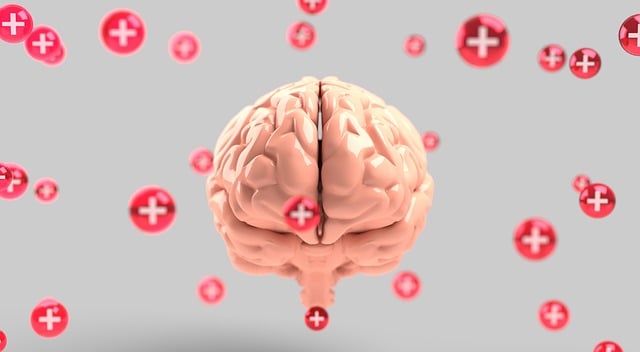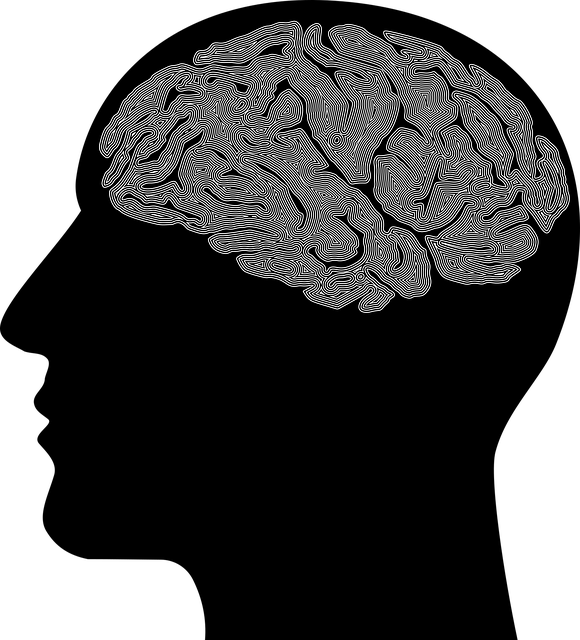Community outreach programs in Lakewood, leveraging Lakewood EMDR Certified Therapy, are key to improving mental health access and well-being. These programs, tailored to local needs and cultural sensitivities, combine public awareness campaigns with specialized EMDR therapy to break down barriers, reduce trauma and anxiety, and empower individuals. By training local professionals and fostering partnerships, these initiatives ensure evidence-based practices, risk management, and affordable care, ultimately strengthening community connections and resilience. Success is measured through data-driven goals, qualitative feedback, and integrated crisis intervention strategies.
Community outreach programs play a pivotal role in extending mental health services beyond traditional settings. This article explores the multifaceted benefits of such initiatives, highlighting why they are essential for vulnerable populations. We delve into the specific contributions of Lakewood EMDR Certified Therapists, offering specialized skills in trauma healing. By examining effective strategies and community partnerships, we aim to guide organizations in creating lasting impacts. Additionally, we discuss evaluation methods to measure success, ensuring these programs make a tangible difference in people’s lives.
- Understanding Community Outreach: Why It Matters and Who Benefits
- The Role of Lakewood EMDR Certified Therapists in Outreach Programs
- Designing Effective Outreach Strategies for Mental Health Support
- Building Community Partnerships for Sustainable Impact
- Measuring Success: Evaluating the Outcomes of Community Outreach Initiatives
Understanding Community Outreach: Why It Matters and Who Benefits

Community outreach programs play a pivotal role in fostering connections between healthcare services and the communities they serve. In the context of Lakewood EMDR Certified Therapy, understanding the local landscape is crucial. Every community has its unique tapestry of needs, cultural norms, and barriers to access. By reaching out and engaging with residents, organizations can implement targeted interventions that address these specific challenges. This personalized approach ensures that services are not only accessible but also culturally sensitive and relevant.
The benefits of such initiatives extend far beyond individual therapy sessions. Public Awareness Campaigns Development can highlight mental health issues, promote positive thinking, and encourage compassion cultivation practices within the community. By raising awareness, these programs break down stigmas, educate people on available resources, and empower individuals to take charge of their well-being. Ultimately, community outreach strengthens the social fabric by fostering a supportive environment where everyone has the opportunity to thrive.
The Role of Lakewood EMDR Certified Therapists in Outreach Programs

Lakewood EMDR Certified Therapists play a pivotal role in community outreach programs, offering specialized skills that enhance mental health support. They bring expertise in Eye Movement Desensitization and Reprocessing (EMDR), a therapy recognized for its effectiveness in treating trauma. This certification equips them to provide effective crisis intervention guidance and facilitate resilience building within diverse communities.
By integrating evidence-based techniques, these therapists can help individuals process traumatic experiences and reduce the impact of stress and anxiety. Their involvement in outreach initiatives ensures that vulnerable populations have access to quality mental health care, fostering a more supportive and resilient community environment. Through targeted communication strategies, they connect with individuals on a deeper level, offering guidance tailored to their unique needs.
Designing Effective Outreach Strategies for Mental Health Support

Effective outreach strategies are pivotal when implementing community programs focused on mental health support. These initiatives should be tailored to address the unique needs and challenges faced by diverse communities, ensuring accessibility and cultural sensitivity. One powerful approach involves training local professionals in Evidence-Based Practices (EBPs), such as EMDR Therapy, which has shown remarkable results in treating trauma and anxiety disorders. For instance, Lakewood EMDR Certified Therapists can play a pivotal role in empowering community members with the necessary tools for mental well-being.
Integrating risk assessment tools specifically designed for mental health professionals is essential. These assessments help identify potential risks within communities, enabling targeted interventions. Additionally, incorporating social skills training programs can foster connections and reduce stigma surrounding mental health discussions. A comprehensive Community Outreach Program Implementation should consider these strategies to create a supportive environment, ensuring long-term positive outcomes for those seeking mental health services.
Building Community Partnerships for Sustainable Impact

Building strong community partnerships is essential for creating sustainable impact through initiatives like Lakewood EMDR Certified Therapy. By collaborating with local organizations, schools, and businesses, mental health professionals can expand their reach and better serve the diverse needs of the community. These partnerships offer a unique opportunity to integrate evidence-based practices, such as EMDR therapy, into various settings, making mental healthcare more accessible and affordable. For instance, integrating mindfulness meditation workshops into community centers or offering self-care practices through school programs can foster a culture of mental well-being.
Additionally, effective partnerships contribute to robust risk management planning for mental health professionals. Collaborating with established organizations ensures compliance with regulatory standards and provides access to shared resources, knowledge, and best practices. This collaborative approach not only strengthens the overall mental health ecosystem but also empowers professionals to deliver high-quality care while prioritizing their own self-care practices in a supportive community environment.
Measuring Success: Evaluating the Outcomes of Community Outreach Initiatives

Measuring success is a vital component of any community outreach initiative, ensuring that efforts are impactful and lead to positive changes. For organizations like Lakewood EMDR Certified Therapy, evaluating the outcomes can be a multifaceted process. One effective approach is to set clear and measurable goals at the outset, aligning them with the community’s needs and desired outcomes. These goals could range from increasing mental health awareness to providing direct support to vulnerable populations.
Regular data collection and analysis are essential to tracking progress. This involves assessing both quantitative metrics, such as the number of individuals reached through workshops or counseling sessions, and qualitative feedback from participants. By combining these methods, organizations can gain insights into the effectiveness of their programs, identify areas for improvement, and ensure that services are tailored to meet the unique needs of the community. Additionally, incorporating elements of Risk Management Planning for Mental Health Professionals, Compassion Cultivation Practices, and Crisis Intervention Guidance can further enhance the positive impact of outreach initiatives.
Community outreach programs, powered by Lakewood EMDR Certified Therapists, are transformative tools that foster mental health awareness and accessibility. By designing strategic initiatives, building community partnerships, and measuring success through rigorous evaluations, these programs create a sustainable impact. This holistic approach ensures that everyone, regardless of background or resources, has access to the support they need for improved mental well-being. The benefits are clear: enhanced communities and empowered individuals.














